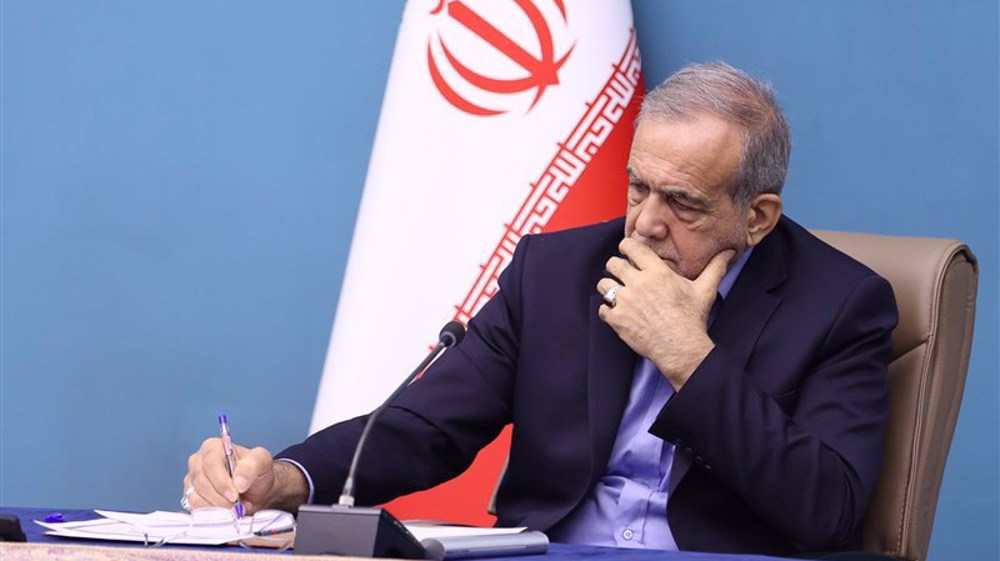Iranian President Masoud Pezeshkian has signed a law suspending Tehran’s cooperation with the International Atomic Energy Agency (IAEA), a step taken in response to the 12-day US-Israeli war against Iran, which involved US airstrikes on Iranian nuclear facilities.
Under the law, which was approved by Iran’s parliament on June 25, Iran will not allow IAEA inspectors into the country unless the security of its nuclear facilities and its right to peaceful nuclear activities are guaranteed, which is subject to the discretion of Iran’s Supreme National Security Council.
Iran’s PressTV also cited the “politically motivated” resolution that was passed by the IAEA’s Board of Governors a day before Israel launched its initial attacks on Iran as a reason for suspending cooperation with the nuclear watchdog. The resolution claimed that Iran wasn’t living up to its commitments under the Non-Proliferation Treaty (NPT), and it was mainly based on alleged nuclear activity from over 20 years ago, which posed no risk of proliferation.

PressTV said that the resolution was used as an “excuse” for Israel to launch the war. Both the US and the IAEA had no proof that Iran was working toward a nuclear weapon before Israel launched the war.
Iran has also alleged that Israel obtained the names of Iranian nuclear scientists it has killed from the IAEA, and has been critical of the watchdog for remaining silent on Israel’s secret nuclear weapons program. Israel is estimated to have somewhere between 90 and 300 nuclear weapons, and its nuclear arsenal gets very little attention since neither the US nor Israel acknowledges its existence.
Before the US-Israeli war on Iran, Tehran made clear that there would be consequences related to the oversight of its nuclear program if its nuclear facilities were attacked.
Since the US pulled out of the Obama-era Iran nuclear deal, known as the JCPOA, Tehran has increased the activity of its civilian nuclear program in response to US and Israeli pressure. The US withdrew from the agreement in 2018, and after over a year, Tehran began slowly increasing its uranium enrichment levels beyond the 3.67% limit set by the deal.
Iran initially brought its uranium enrichment to 4.5% but raised it to 20% in 2021 following the Israeli assassination of Iranian nuclear scientist Mohsen Fakhrizadeh. Later that year, Iran began enriching some uranium at 60% in response to an Israeli covert attack on its Natanz nuclear facility.
Hawks point to the 60% enrichment to claim that Iran was racing toward a bomb since it’s a step away from enriching at 90%, which is needed for weapons-grade uranium. But Iran made clear that it was willing to reduce enrichment levels back down to 3.67% as part of a deal with the US that includes sanctions relief.
Now, it’s unclear if negotiations between the US and Iran will resume, as the recent talks were used as a cover to keep Iran off guard before Israel launched its bombing campaign. Iranian Foreign Minister Abbas Araghchi has said that Tehran needs time to decide whether it will engage in more negotiations with the US.


